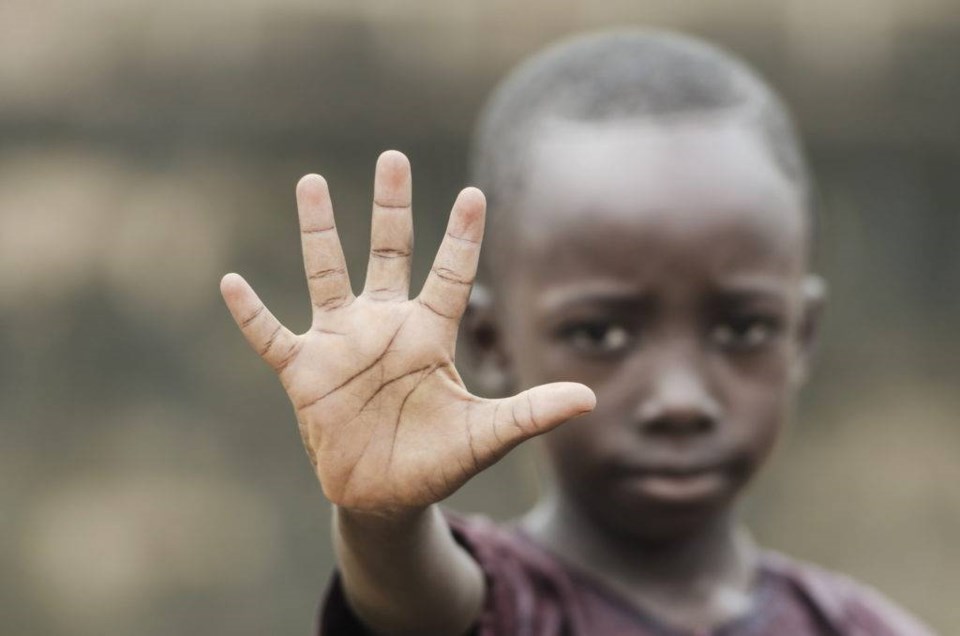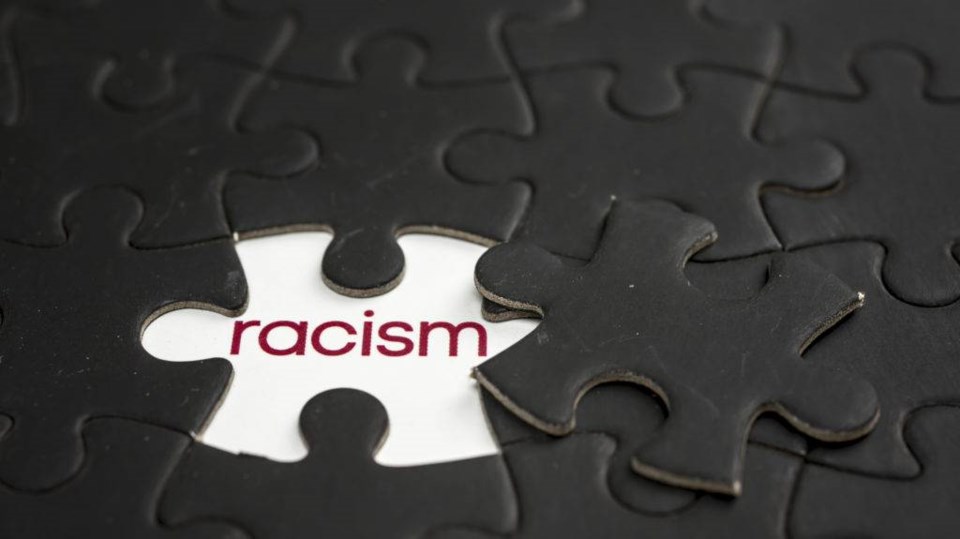Dear BK Readers,
For the past two weeks, I'd been thinking about my letter from the editor to you. I wanted to write something encouraging. I wanted to tell BK Readers to keep their heads up during this quarantine that it is almost over. I even found a few funny memes along with a kick-ass resident success story I wanted to share ...
And then ... Amy Cooper and George Floyd happened. And the country started hemorrhaging.
My emotions took a tailspin. From disgust, to heart-broken to furious to depressed, and then came the memories. So many memories I had tucked away (or rather, out of the way) in my brain. The memories started hemorrhaging too. And for the next few days, all I could see was red.
We were the first black family to integrate that Chicago suburb. I was 10, the oldest of three girls; my sisters were 8 and 4. We'd been there a little over a year.
It was a weekday, a school day, and my mother was pulled over by two white male cops while driving home from her day job (she also worked the night shift as an LPN). The reason the cops gave for pulling her over, they said, was her college graduation tassel hanging from her mirror. They said it was illegal and obstructing her view.
What happens to a dream deferred? Does it dry up like a raisin in the sun? Or fester like a sore And then run? Does it stink like rotten meat? Or crust and sugar over like a syrupy sweet? Maybe it just sags like a heavy load. Or does it explode? --Langston Hughes
Back then (in the 80s), it was not uncommon to hang items from your mirror-- dice, beads, air freshener. My mother hung the tassel from her graduation cap. She had just earned it only a few months earlier. She was a single mother of three kids, working two jobs while going to school.
She was damn proud she was able to finish college while keeping a roof over her family's head. She could barely afford it, but she chose a nice neighborhood with good schools-- even if it did mean having to deal with racist teachers and racist cops. She wanted to set the best example for her girls.
Luckily, my sisters and I were in school. Because my mother, after a few exchanges with the cops about whether her graduation tassel was, in fact, obstructing her view, ultimately was snatched out of her car and thrown to the ground. With the cop's knee in her back, they pushed her face into the concrete and handcuffed her. And then carted her off to the local jail.
My mom pleaded, "No officer, I can't go to jail. Please, I have three children who will be looking for me when they come home from school. They will be scared looking for me."
True enough, my sisters and I came home from school that day to an empty apartment (My mom insisted I always wear a key around my neck, in case of emergencies). Right at the point we were about to panic and "call the police," the doorbell rang. It was our uncle Lonnie-- my mother's brother. He had driven 30 miles from Chicago to watch over us and deliver the news.
We cried and cried, all of us, hugging each other, believing jail meant she was never coming home. Imagine the pain and the trauma of a 10-year-old, an 8-year-old and a 4-year-old trying to go to sleep that night and then get up and go to school and pretend to learn, knowing their mother was in jail.
This was our reality. This, in fact, is the sort of reality millions of black children have to live through every day. It's hard to learn when you live in a homeless shelter because your family can no longer afford the rent in your gentrifying neighborhood; or your father has become an alcoholic after years and years of unemployment, even with an associate's degree or your favorite brother-- the smart and compassionate one-- has dropped out of high school to sell drugs full-time because your family needs the money.
 Or your mother is incarcerated for driving while black in a white neighborhood.
Or your mother is incarcerated for driving while black in a white neighborhood.
In retrospect, I think my 24-year-old uncle probably should have made up another story about what happened to his 29-year-old sister-- our mother-- because we were all still so young and truly traumatized.
My sisters and I never got the full story until we became teens.
But despite that incident, we stayed in the suburbs. And with each passing year, the trauma compounded. So then my mother taught us to do what all black little boys and girls who plan to navigate America learn to do: build a scab. We toughened up. We learned to take the slurs and the slights from teachers, from classmates and their parents the small jabs and gentle reminders are everywhere you never really get used to it; you just learn to deal with it or ignore it until you finally master the code switch, which happens around your early 20s.
Being black in America means building a scab. A really thick, really hard one that starts forming as a youth and can hold back any amount of bleeding. But one thing we tend to forget about scabs is that behind each one is a very tender, very raw space. And you can only pick at a scab for so long before
 The cold-blooded murder of George Floyd opened all of our scabs. All the black and brown faces you see every day: That bus driver, that teacher, that long-time dentist, that favorite actor, that nanny, that journalist, that friendly Starbucks barista, and yes, even the parents of little Kayleigh's playdate
our scabs are open...
The cold-blooded murder of George Floyd opened all of our scabs. All the black and brown faces you see every day: That bus driver, that teacher, that long-time dentist, that favorite actor, that nanny, that journalist, that friendly Starbucks barista, and yes, even the parents of little Kayleigh's playdate
our scabs are open...
We're tired of pretending everything is okay. Because it's not okay. It's far from okay. White American has picked open a very large, very old scab that dates back centuries.
And this time, we'd rather just let it bleed.




